In the dimly lit hutongs of Beijing, where ancient courtyard walls whisper centuries of stories, an unassuming venue carved its name into modern Chinese cultural history with the raw energy of distorted guitars and defiant voices. School Live Bar, often simply called "School," isn't just another music club—it is widely revered as the alma mater of China's independent rock scene, a sacred ground where legends were born and movements took root.
Founded in the late 1990s, a period of cautious openness and burgeoning subcultures in the capital, School emerged not from corporate blueprints but from pure necessity. Its origins are humble, almost accidental. A group of passionate musicians and enthusiasts, frustrated by the lack of spaces that welcomed original, unfiltered rock music, pooled their resources to create a haven. They took over a small, cramped basement space near the Drum and Bell Towers, an area historically rich with Beijing's traditional vibe, and installed a makeshift stage, a basic sound system, and a bar that served cheap Yanjing beer. The goal wasn't profit; it was survival—for the music they loved.
The early years were a struggle. Operating under the radar, School became a refuge for bands that rejected the commercial pop and state-sanctioned entertainment dominating mainstream channels. It was raw, gritty, and real. Bands like Carsick Cars, Snapline, and Joyside, now iconic names in Chinese indie lore, cut their teeth on its low stage, playing to crowds of dozens of people—friends, fellow musicians, and the few brave souls who sought something different. The air was thick with cigarette smoke, sweat, and the electric sense of something new brewing. This was more than performance; it was community, a rebellion expressed through power chords and poetic lyrics.
As the new millennium progressed, School's reputation grew. It became the epicenter of what critics dubbed the "Beijing New Sound," a wave of post-punk, noise rock, and garage bands that drew inspiration from global underground scenes but infused them with distinctly Chinese narratives—youth angst, urban alienation, and subtle social commentary. The venue's influence stretched beyond music; it was a cultural incubator. Fanzines were distributed there, independent films were screened, and artists connected. It was where you went to find the pulse of Beijing's creative underground.
Surviving in China's rapidly changing urban landscape was no small feat. As Beijing modernized, with skyscrapers replacing hutongs and commercial pressures mounting, School faced numerous threats—noise complaints, regulatory crackdowns, and the constant risk of closure. Yet, it persevered, often through the sheer will of its community. Benefit shows were organized, loyal patrons rallied, and the venue adapted without losing its soul. It wasn't just a business; it was a cause.
The international music world began to take notice. Foreign journalists and curious tourists seeking an authentic slice of Beijing's nightlife found their way to School. It became a mandatory stop on the global indie circuit, with overseas bands eager to play the same stage that nurtured China's rock heroes. This cross-cultural exchange enriched the scene, bringing new sounds and ideas while solidifying School's status as a legendary venue.
Today, School Live Bar stands as a testament to resilience and passion. While much of its original surroundings have transformed, it remains a vital, throbbing heart of independent music. New generations of bands—from punk and metal to experimental electronic—continue to launch their careers there, upholding the tradition of innovation and authenticity. The walls, adorned with layers of stickers, posters, and graffiti, are a living archive, each mark a story, each gig a chapter in an ongoing saga.
More than just a bar, School is a symbol. It represents the enduring spirit of DIY culture, the power of community, and the unbreakable voice of artistic independence in the face of conformity. It is, without exaggeration, the mother school—that educated, inspired, and launched countless artists, leaving an indelible mark on China's cultural landscape. Its history is not just written in setlists and memories but in the very sound of Chinese rock itself.
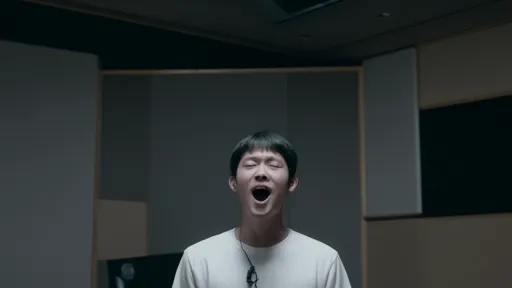
By /Aug 22, 2025

By /Aug 22, 2025
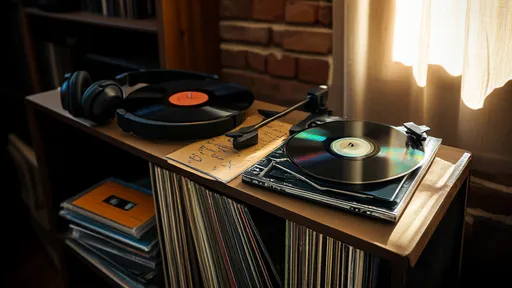
By /Aug 22, 2025
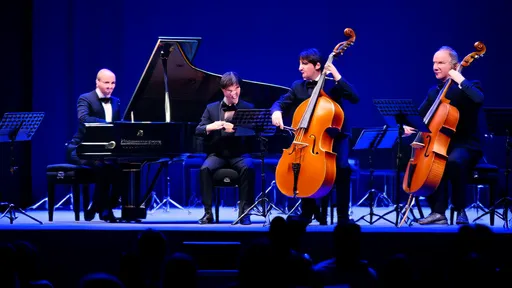
By /Aug 22, 2025

By /Aug 22, 2025

By /Aug 22, 2025

By /Aug 22, 2025

By /Aug 22, 2025

By /Aug 22, 2025

By /Aug 22, 2025

By /Aug 22, 2025

By /Aug 22, 2025

By /Aug 22, 2025

By /Aug 22, 2025

By /Aug 22, 2025

By /Aug 22, 2025

By /Aug 22, 2025
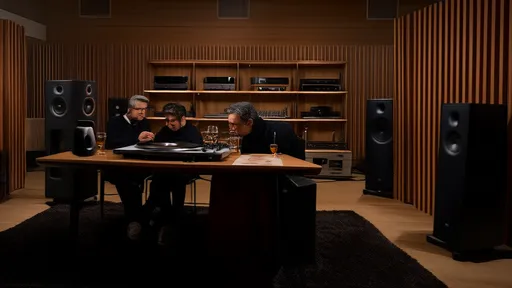
By /Aug 22, 2025

By /Aug 22, 2025
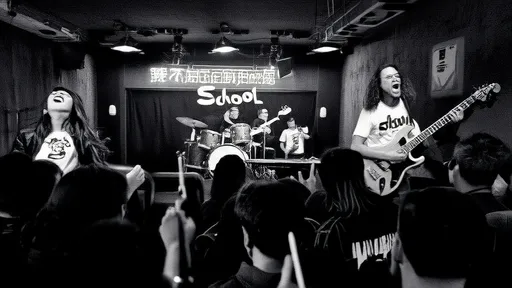
By /Aug 22, 2025